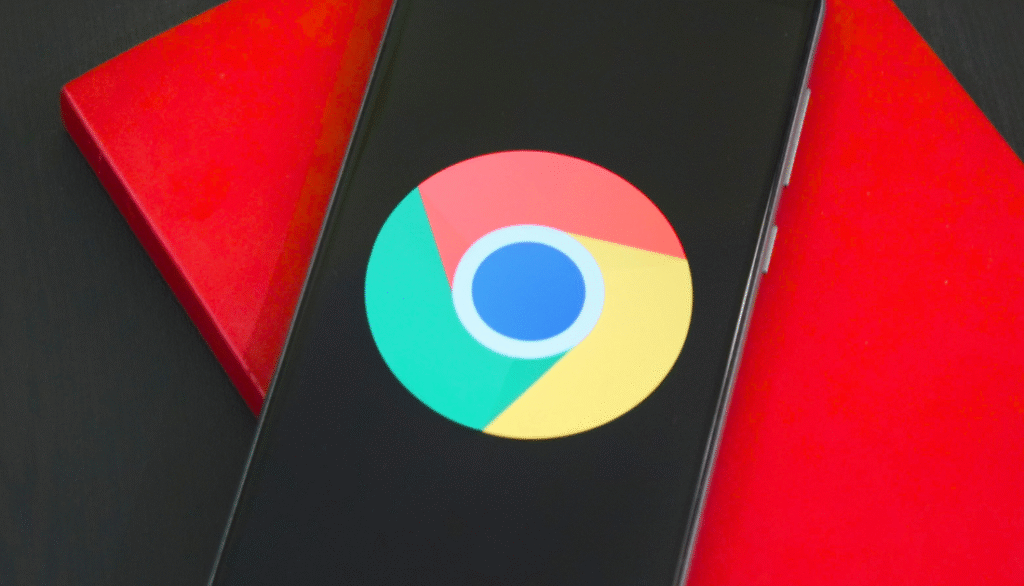Google Chrome has achieved the highest-ever score on the Speedometer 3 benchmark, reflecting significant advancements in browser performance and responsiveness.
Highlights
- Highest Speedometer 3 Score: Google Chrome has achieved the best-ever result on the Speedometer 3 benchmark, showcasing a 10% performance boost since August 2024.
- Consistent Version Gains: Performance steadily improved across versions: Chrome 137 (51.43), Chrome 138 Beta (51.83), and Chrome 139 Dev (52.35), based on testing with Apple’s M4 MacBook Pro.
- Core Optimizations Drive Speed: Improvements include refined memory layout, expanded Oilpan garbage collection, enhanced string processing (via rapidhash), and smarter caching strategies.
- Impact on Other Blink-Based Browsers: Performance enhancements could benefit Microsoft Edge, Opera, and other Blink-powered browsers, thanks to shared rendering engine updates.
- Massive Real-World Time Savings: Google estimates the speed increase could save users 58 million hours annually—equivalent to 83 human lifetimes.
- 72% Performance Growth Since 2022: Chrome has seen nearly three-quarters improvement over two years, underlining its ongoing performance focus.
- Next Target: Speedometer 3.1: Chrome’s performance on the updated Speedometer 3.1 hasn’t been disclosed yet, hinting at continued internal testing and upcoming enhancements.
The company attributes this milestone—a 10% performance boost since August 2024—to extensive optimizations in its rendering architecture and core systems.
Speedometer 3 is an industry-standard benchmark designed to evaluate how well browsers handle real-world web applications. Google’s latest results suggest sustained performance leadership in this area, especially on high-end hardware.
Performance Gains
Recent benchmark results, measured using Apple’s latest MacBook Pro with the M4 chip running macOS 15, show a steady performance improvement:
- Chrome 137 (Stable): 51.43
- Chrome 138 (Beta): 51.83
- Chrome 139 (Dev Build): 52.35
These scores highlight consistent gains across development stages. However, performance may vary depending on hardware and operating system configurations.
Behind-the-Scenes Optimizations
According to the Product Manager Thomas Nattestad, the engineering team focused on optimizing rendering paths and addressing performance bottlenecks identified by Speedometer 3. These efforts were informed by real-world telemetry and benchmarking data.
- Memory Layout Refinements: Optimized internal data structures within DOM, CSS, layout, and painting pipelines to reduce memory churn and improve CPU cache performance.
- Expanded Oilpan Garbage Collector Usage: More components now utilize Oilpan instead of malloc, improving memory efficiency and stability.
- String Processing Upgrades: Introduced faster string handling using improved representations and hashing algorithms like rapidhash.
- Smarter Caching: Enhanced caching strategies for CSS calculations and font shaping to reduce computation time.
Improvements May Benefit Other Browsers
Since Chrome runs on the open-source Blink rendering engine, these performance improvements are likely to extend to other browsers built on Blink, such as Microsoft Edge, Opera, and Vivaldi.
While those vendors may implement their own custom changes, shared optimizations to the rendering engine can result in cross-browser benefits. But, not all developers publish comparable benchmark data, making direct comparisons difficult.
Estimated Real-World Time Savings
Google estimates that the 10% performance boost since August 2024 could save users a combined 58 million hours annually, based on average daily browsing habits.
The company frames this as roughly equivalent to 83 human lifetimes—offering a tangible perspective on how even small speed gains can have a large cumulative impact.
Chrome’s Performance Evolution
In addition to recent gains, Google reports a 72% performance increase since May 2022.
This trajectory underlines Chrome’s ongoing investment in speed and efficiency. However, Google has not yet released official benchmark results for Speedometer 3.1, the latest update to the tool, which could provide a more up-to-date picture of performance across all modern browsers.
Preparing for Speedometer 3.1
While Chrome currently leads on Speedometer 3, the release of Speedometer 3.1 introduces a new performance baseline. Google has not yet published Chrome’s results on this updated version, suggesting continued internal testing and optimization efforts.
Google plans to build on this momentum by refining Chrome’s core systems to better serve both developers and end users.
For those interested in a more technical breakdown, the official Chromium blog post offers deeper insights into the engineering strategies behind these performance gains.


